Fishing Hook Sizes - Why is a Size 8 Different from an 8/0?
You'd think that fishing hook sizes could be described in a fairly straight forward manner. For example a simple numerical scale, from 1 (the smallest) through to 20 (the largest).
Or maybe alphabetically, with size A being a tiny example and 26 sizes up, size Z being its humongous big brother.
Or perhaps even more objectively, on an alpha-numeric scale with the alphabetic character referring to the gape of the hook, and the numeric part referring to the length of the shank.
Then it would be obvious to all that an A20 would be a wide-gaped monster of a hook and a Z1 would be a minuscule narrow-gaped example.
Simple, right?
Nope - it isn't like that at all ...
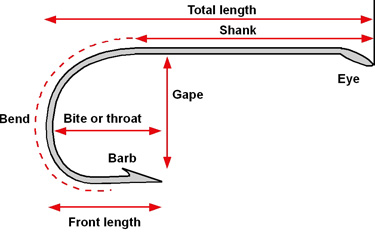 Anatomy of a Fish Hook
Anatomy of a Fish HookAs you can see from the sketch, the physical size of a hook depends on its overall length and its gape.
But this isn't considered at all in the accepted convention of describing fish hook sizes.
That would be far too easy!
Fishing Hook Sizes ~ An Explanation
One way of looking at hook sizes is to consider them in two separate scales, one for freshwater fishing hooks and a second scale for saltwater fishing hooks.
The freshwater hook scale starts with the very smallest being a size 32, which will adorn a tiny dry fly to tempt the most suspicious of trout. The next size up is a 30, then 28, 26, 24 etc (through even numbers only) to a size 2, and then finally a size 1 - the largest freshwater hook, which you might use to present a good-sized lobworm to a large chub.
At this point the scale for saltwater hook sizes takes over, starting with hook size 1/0 increasing in size through 2/0, 3/0, 4/0 etc through to a massive 20/0 for the largest ocean shark. Any fish that needs a hook larger than a 10/0 I'd tend to leave well alone ...
But ...
These fishing hook sizes are not standard across all hook manufacturers and patterns. For example, Mustad's 7/0 will be a different size to an Eagle Claw 7/0, although there will be consistency within each manufacturer's range of hooks.
Fish Hook Size Chart
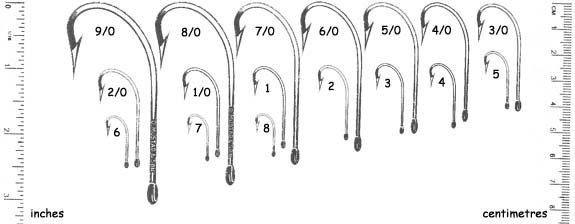
This fish hook size chart is based on Mustad's O'Shaughnessy Sea Hooks and clearly shows the variation in sizes from a size 9/0 hook with a total length of just over 3" (80mm) down to a size 8 hook with a total length of just over 5/8" (17mm)
Selecting the right size hook to use is a matter of matching it to the size of the bait you intend to impale upon it, and the capacity of the fish's mouth you hope will engulf it. Remember that whilst you can catch both big and small fish on a small hook, you can only catch a big fish on a big hook.
Double and treble fishing hook sizes follow the same system as for the individual single hooks that make them up. For example, a size 3/0 treble is three 3/0 single hooks brazed together.
Recent Articles
-
Sea Fishing Rods and Reels Must Be Compatible for a Balanced Outfit
Mar 08, 21 08:30 AM
A quality reel fitted to a quality rod doesn't necessarily make it a quality outfit. Your fishing rods and reels have to be properly matched if you're to get the best out of them, and here’s how -
Essential Lure Fishing Tips That All Saltwater Anglers Should Know
Mar 08, 21 04:51 AM
Which single lure fishing tip applies to trolling, jigging, baitcasting, spinning, fly fishing and any other branch of lure fishing? Well, it is the one at the top of this list -
Vital Jig Fishing Tips That You Really Cannot Afford To Miss!
Mar 07, 21 10:20 AM
Essential jig fishing tips to help you select the right lure for successful jig fishing, together with the techniques required to get the most out of your jig fishing outfit
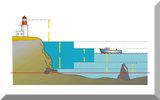
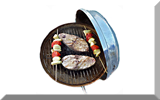
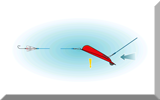
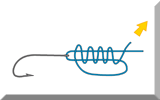
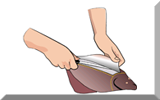
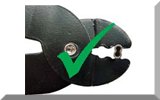
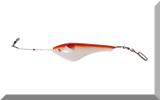
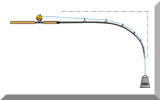
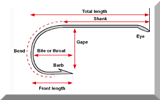
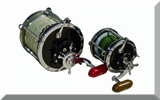
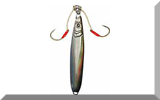
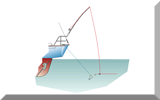
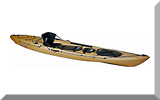
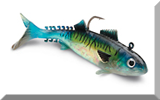
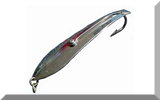
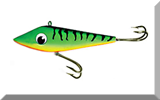
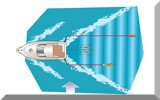
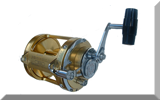
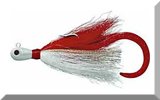
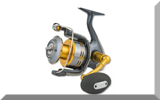
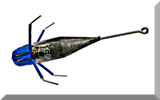
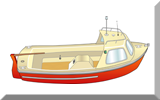
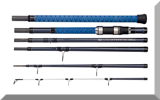
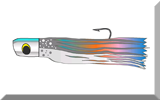
New! Comments
Have your say about what you've just read! Leave me a comment in the box below.